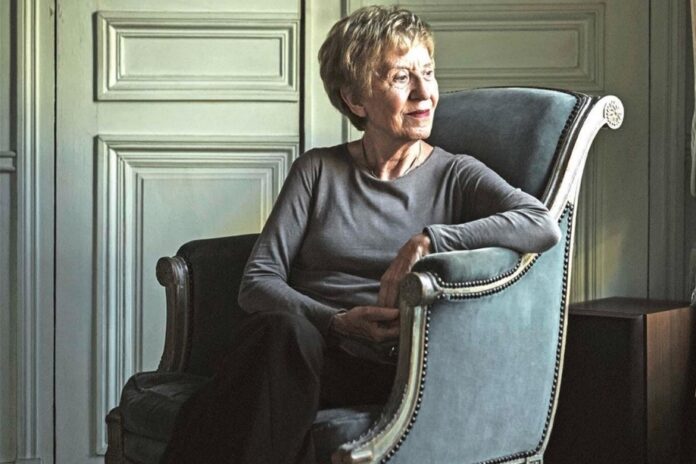We owe a lot to Michelle Perrot. This French historian has devoted her career to the history of women. She dug it, taught it, wrote it. She promoted it at a time when it was completely unfashionable and her colleagues who worked on history with a capital H – read men’s history – looked down on her.
At 94, the professor emeritus of Paris-Diderot University has a rich perspective on the advances and setbacks of women.
This book, written in collaboration with Eduardo Castillo, a former student of Ms. Perrot who became a writer, therefore offers an overview of the main struggles of women through the eyes of the historian. Michelle Perrot engages in a memory exercise, starting with her own awakening. She admits that she did not define herself as a feminist when she was young. Like many women of her generation, it was reading The Second Sex, by Simone de Beauvoir, in the 1950s, that opened her eyes.
This book, which could be described as an intellectual autobiography, sometimes looks like a lecture. It is a great introduction for those interested in the history of white Western women, from a very Franco-French point of view. The approach is classic, which does not prevent Michelle Perrot from tackling more contemporary issues. The one who will be 100 years old before the end of this decade is open and curious about more recent debates within the women’s movement, whether they concern the veil, intersectionality or wokism.
On the debates that cross society today, the 94-year-old historian shows more open-mindedness than many younger commentators who set themselves up as the great thinkers of our time. “To refuse the words ‘decolonial’, ‘woke’, ‘cancel culture’, ‘intersectionality’, she writes, denouncing their perverse character from the outset, is to refuse the debate, to refuse that it take place, to refuse the words to disqualify the discussion itself. This is neither a historical attitude nor a scientific attitude. Words filled with wisdom.















